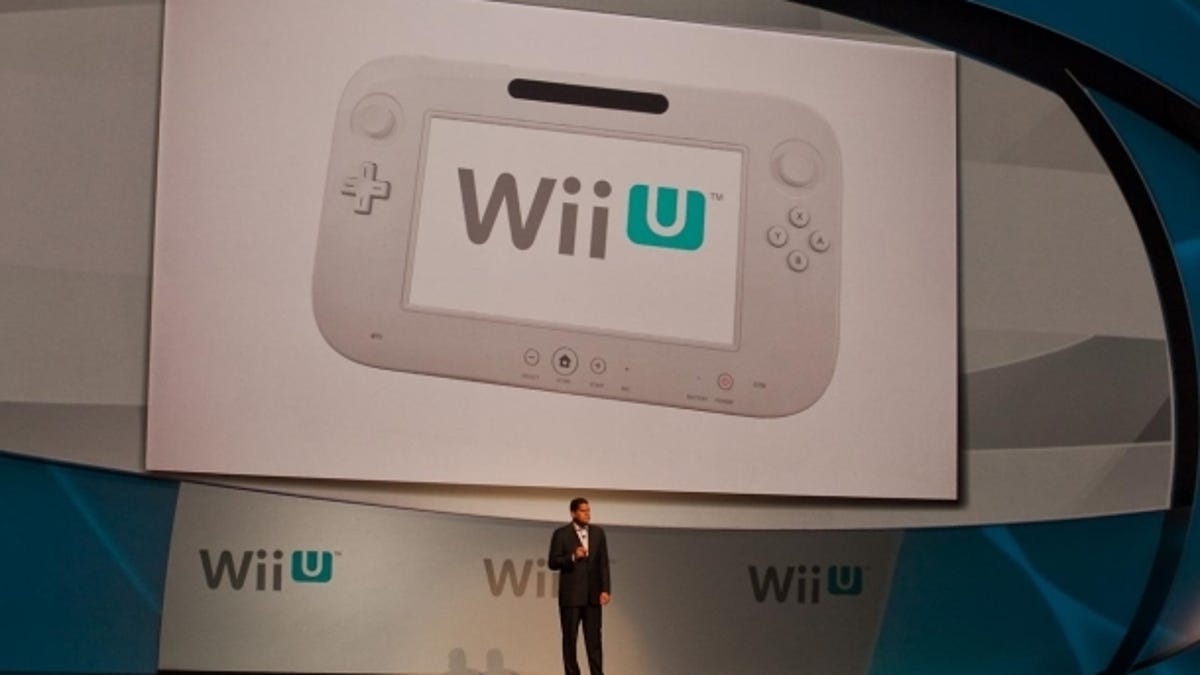Is Nintendo following its own advice?
The lesson of the Wii's success was "keep it simple." Will the new Wii U stick to that rule?

LOS ANGELES--Nintendo's Wii has always stood apart from the other major consoles of this generation of game machines. It was pitched as, and found great success by, being the game console for nongamers.
The controls were deceptively simple. A magic wand to wave in the air, with a couple of buttons that many games ignored. There was an add-on with extra inputs for games that required it, but many of the best Wii experiences concentrated on that kinetic action of hand-on-wand.
That simplicity was the secret to how Nintendo sold so many Wiis. And while motion and gesture control may be commonplace now, it's important to realize just how different the Wii was at launch than anything that had come before, making its feat all the more impressive.
Would we have the simple-equals-success formula of iOS and Facebook games without the Wii blazing the trail first? We may never know, but it's at least open to debate.
That's why the Wii U, while easily the most exciting thing at E3 2012, has me worried. This new console is again, something quite new and different, so kudos for that. But, in my limited interaction to date, some of that sense of simplicity has been lost, the feeling that nearly anyone, from any age group, and with any level of gaming experience, could pick it up and figure out how to play a game.
I felt the same was last year about the PlayStation Vita. Its hardware and features were very impressive, but the entire package felt too complicated for noncore gamers. Having played many Vita games, parts of it, such as the touch screen and secondary touch panel on the back, still feel gimmicky.
Of course, this is just early nay-saying. The Wii U has every chance of being another big hit, with a combination of built-in massive name recognition, superpopular game characters, and a very trendy tablet-style controller. If Nintendo is looking to cozy up to more core gamers, it's doing a good job so far. But, on the surface, it's hard to see the Wii U as a true spiritual successor to the Wii, a console that really did change everything.

